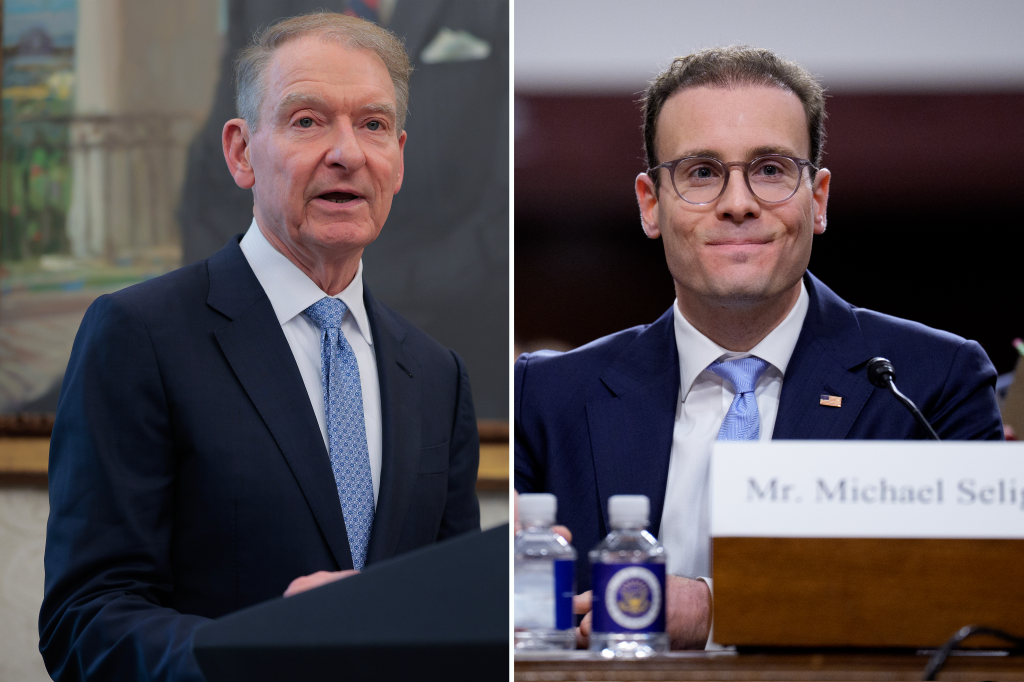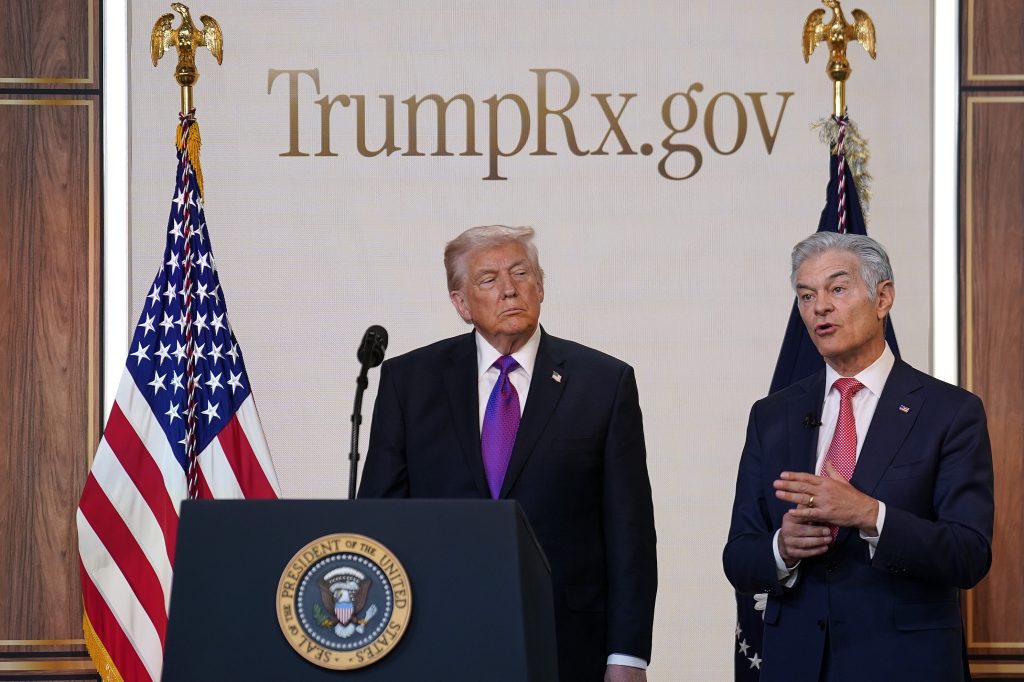- Compliance
- Regulation
- Technology
Latest News
- Resources
- All Resources
- Announcements
- Book Reviews
- Conferences and Events
- Country Guides
- GRIP Extra
- Podcasts
Topics
Latest News
- Industry
- US Content
The rule also prohibits the use of any simulated or hypothetical performance that is unaccompanied by a required statement:
“These results are based on simulated or hypothetical performance results that have certain inherent limitations. Unlike the results shown in an actual performance record, these results do not represent actual trading. Also, because these trades have not actually been executed, these results may have under-or over-compensated for the impact, if any, of certain market factors, such as lack of liquidity. Simulated or hypothetical trading programs in general are also subject to the fact that they are designed with the benefit of hindsight. No representation is being made that any account will or is likely to achieve profits or losses similar to these being shown.”
-

Polymarket sues over sports prediction ban, debate about oversight lingers
Recent lawsuits and regulatory announcements come as prediction markets have exploded into a multi-billion-dollar industry, with users betting on how much snow will fall.
Julie DiMauro3 min read
-

Atkins and Selig discuss joint crypto regulatory plans
The Chairmen of the SEC and CFTC discussed how they could best coordinate regulation of digital assets as Congress scrambles to finalize legislation.
Alexander Barzacanos2 min read
-

Trader incurs $335,000 fine for prearranged energy trades
A Florida man and his firm were fined and received trading bans arising from a fictitious natural gas block-trade scheme.
Alexander Barzacanos1 min read
-

Ex-JP Morgan precious metals spoofers get combined $350,000 fine
Consent orders require two former precious metals traders to pay hefty civil penalties and accept industry bans, concluding an enforcement action launched in 2019.
Alexander Barzacanos1 min read
-

CFTC launches Innovation Advisory Committee
The advisory group will draw on industry heavyweights and public interest commentators to explore how new technologies can benefit markets and investors.
Alexander Barzacanos1 min read
-

Speeches in 2025 express exuberance for change and concern over same
Speakers emphasized technology‑neutral and principles‑based regulation, teased on new policies to come, or raised red flags.
Julie DiMauro5 min read
-

Expert predictions for crypto and blockchain in 2026
Some industry insiders weigh in on what we can expect for the coming year.
Carmen Cracknell2 min read
-

Crypto wrap: Poland MiCA veto, Omfif against stablecoin ban, CFTC stablecoin collateral for derivatives
Our roundup of key crypto regulation stories.
Carmen Cracknell2 min read











